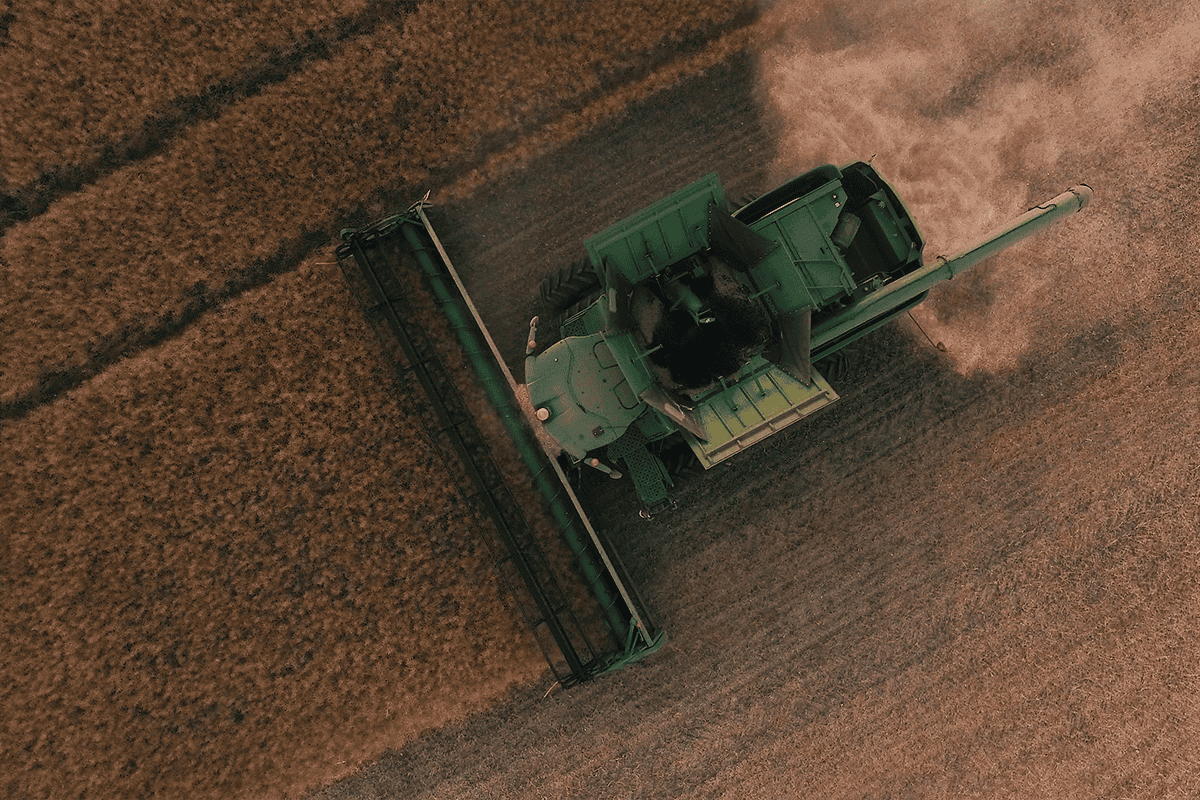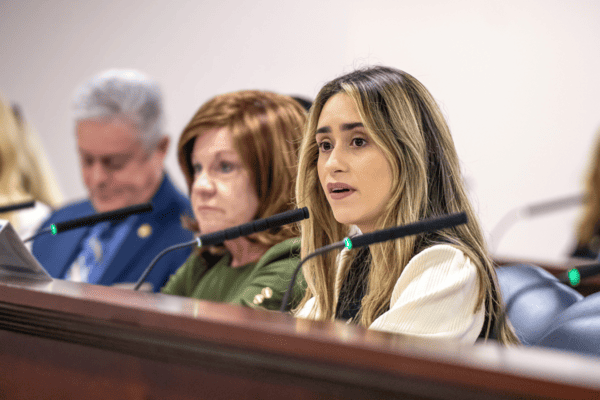Florida farmers increasingly a positive part of cleaning water statewide

TALLAHASSEE, Fla. – There is a saying: “If you take care of the land, it will take care of you.” These are the words by which Florida’s farmers live.
Florida farmers, growers and ranchers are stewards of the land, and they play an integral role in the protection, restoration and conservation of our state’s precious natural resources.
Farmers utilize Agricultural Best Management Practices, or BMPs, that were developed by the Florida Department of Agriculture and Consumers Services with the University of Florida and approved by the Florida Department of Environmental Protection to restore and improve the quality of our water, while maintaining the unique ecosystems we have in the Sunshine State.
These actions include rotational grazing to improve grass and soil quality, cover crops to extend the grazing season and revitalize the soil, drip zone irrigation and precision nutrient application, and they are proven to enhance the integrity of the soil, water, air and grassland.
According to the University of Florida | Institute for Food and Agricultural Sciences, “BMPs reduce the amount of nutrients, sediments, and pesticides that enter the water system.”
Statewide, more than 4.6 million acres or agricultural lands are enrolled in the BMP program.
One of the brightest spots where water is actively being cleaned by farmers is in South Florida’s Everglades Agricultural Area, or EAA, where a significant amount of the nation’s sugar is produced and fresh vegetables are grown.
Through the use of BMPs, farmers in the EAA have exceeded the minimum annual requirements to reduce phosphorus in the water flowing off their farms by an average of 57%. That’s more than twice the 25% reduction required by law.
Collectively, they have prevented more than 3,000 metric tons of phosphorus from entering the Everglades.
As a result of these efforts, water in the EAA is the cleanest it’s been in our lifetime. Nearly all (95%) of the Florida Everglades meet the strict 10 parts per billion standards for phosphorus levels.
To put it into perspective, the current water quality standard in the Everglades surpasses even that of bottled water sold in stores.
These monumental achievements are a testament to the proactive and sometimes costly efforts by farmers to restore and protect our water resources in the EAA.
Over the years, South Florida farmers have contributed more than $450 million toward water quality improvements. To say they are invested in protecting our natural resources would be an understatement.
The environmental benefits of farms are not limited to water quality. Florida’s farmlands are wide open spaces that would otherwise be converted to row crops of rooftops.
These natural landscapes preserve the original beauty of the Sunshine State. They serve as a filter for rainfall to replenish our groundwater resources. The trees and plants absorb carbon dioxide and produce oxygen to restore the atmosphere.
The lands provide critical habitat for Florida’s wildlife, including endangered birds and animals in South Florida’s diverse ecosystem.
The work on a farm is never done, and neither are the efforts by farmers to protect our natural resources.
Under the leadership of Agriculture Commissioner Wilton Simpson, the Florida Department of Agriculture, in collaboration with the University of Florida, is updating BMP manuals for each commodity to incorporate the latest science and new technologies available to protect and restore our environment.
With approval from the Florida Department of Environmental Protection, these BMPs will build on the strong foundation that we’ve built in the past to enhance our future efforts.
Folks can be quick to point the finger when there’s a problem, but we miss opportunities to celebrate solutions.
Florida’s farmers, growers and ranchers have invested their resources, time and talents to protect and conserve our natural resources, preserving Florida’s natural beauty and precious ecosystems for generations to come.
Jim Spratt is the chairman of the Florida Ag Coalition, which represents farmers, growers and ranchers in Florida.



